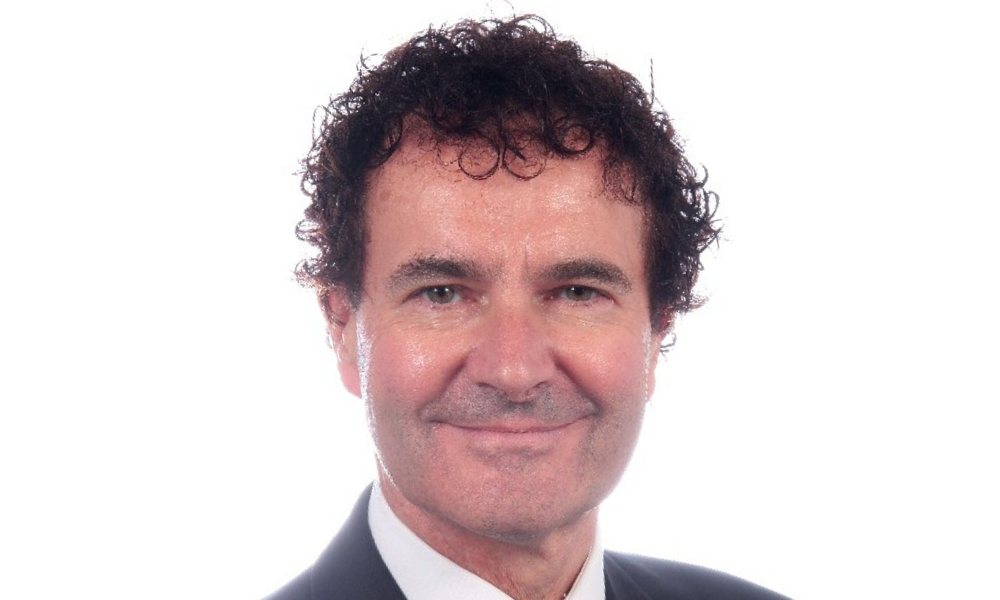Banks loosen up, processing drags

As the residential real estate market experiences a notable shift, the latest Tony Alexander Mortgage Adviser Survey for August 2024 reveals significant changes in buyer activity, bank lending attitudes, and interest rate expectations.
Mortgage advisers are witnessing a resurgence of both first home buyers and investors, a loosening of bank lending criteria, and a pronounced preference for short-term fixed rates.
This article delves into these trends and their implications for mortgage advisers.
“Each month we invite mortgage advisers around the country to give insights into developments in the residential real estate market from their unique perspective,” said Alexander (pictured above), who commissions the survey with mortgages.co.nz.
“Our latest survey, undertaken this week, attracted 65 responses.”
Buyers make a comeback: Investors and first-home buyers enter the market
The August survey highlights a remarkable rebound in buyer activity.
A net 35% of mortgage advisers report an increase in first-home buyers seeking mortgage advice, a stark contrast to the net 7% who observed a decline early last month.
This resurgence is attributed to shifting sentiments regarding interest rates, which are now perceived to be nearing a peak, encouraging buyers to act.
“First-home buyers are out in bigger numbers than the previous months,” said one adviser.
“Spring fever is starting,” said another.
Others said first-home buyers are increasingly relying on parental support to get into the market.
Similarly, investor activity has surged, with a net 38% of brokers noting an uptick in investor inquiries. This increase is driven by changes in tax regulations and the brightline test, as well as growing expectations of lower mortgage rates.
However, advisers caution that the investor market remains challenging due to ongoing affordability issues and stringent lending criteria.
“My clients all want the best possible interest rate deal at refix time and they are prepared to move banks to achieve this. So, refinance applications are also up,” said one adviser.
Bank lending: Greater willingness meets slow processing times
The survey indicates a significant shift in the banking sector, with a net 40% of brokers observing that banks are now more willing to lend funds.
This marks a notable improvement from the previous month's net 5% and reflects a broader trend of increased lender confidence.
Advisers have noticed that banks are relaxing some of their previous restrictions, such as lowering test rates and reducing scrutiny on living expenses.
“Lending standards continue to loosen. Debt servicing test rates have started to decrease,” said one adviser.
However, this positive trend is tempered by a major drawback: processing times.
Many advisers report that application turnarounds remain painfully slow, with approval times stretching beyond 10 days.
One adviser said that in general, banks are “slow to react”, and “remain unsure” about what they need to do to comply with new legislation.
It follows a trend that has continued throughout the year.
“They seem to have massively cut their staffing and turnaround times are abysmal. (One bank is) very anti adviser by shutting down pre-approvals, trying instead to get customers to go direct to branch.”
Another said adviser units in banks “remain under resourced” and take much longer to decide adviser originated loan applications compared to direct channels (branch / mobile lending managers), an “ongoing point of frustration”.
The fixation on short-term rates
The survey reveals a strong preference among borrowers for short-term fixed rates.
An overwhelming 95% of mortgage advisers report that clients are opting to fix their rates for one year or less, with a significant portion choosing six-month fixed terms.
This trend is largely driven by widespread anticipation of falling interest rates in the near future.
This shift contrasts with past trends, where long-term fixes were more common. Advisers note that the current climate, characterised by high rates and anticipated decreases, is influencing borrower behaviour.
“I think the period from the election to May was about the hardest it’s been since I started nine years ago with very patchy demand from buyers in the Wellington region,” said one adviser. “I was probably 50% down on revenue.”
“It’s picked up since April and am having to become more aggressive with marketing to grow things back. I would say that period was tougher than covid and that uncertainty.”



